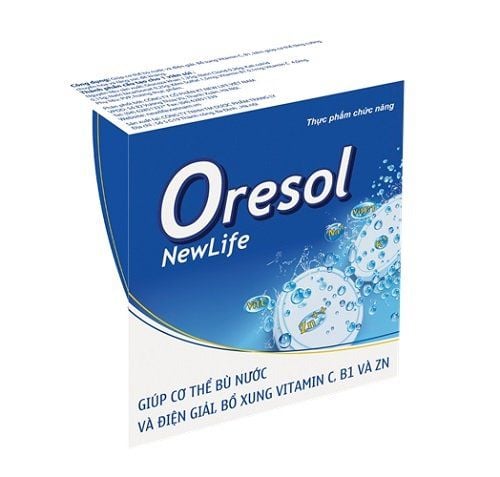This is an automatically translated article.
Tiphaxiode drug is prepared in the form of tablets, with the main ingredient being Di - iodohydroxyquinoline. The drug is indicated for use in the treatment of intestinal amoeba infections.
1. Uses of the drug Tiphaxiode
What is tiphaxiode? The drug tiphaxiode has the main ingredient Diiodohydroxyquinoline 210mg (so it is also known as Tiphaxiode 210mg). Di - iodohydroxyquinoline is a halogen derivative of hydroxyquinolein. This component is active against the trophozoite of enteramoeba histolytica in the intestinal tract.
Drug Tiphaxiode is indicated for use in the treatment of acute diarrhea, intestinal amoeba infections.
On the other hand, the drug Tiphaxiode is not indicated in the following cases:
People who are sensitive to excipients and ingredients of the drug; Hypersensitivity to iodine or halogen derivatives of hydroxyquinolein; Patients with liver failure, kidney failure.
2. How to use and dose of Tiphaxiode
Tiphaxiode is used orally. Dosage of the drug depends on the purpose of treatment of the disease. Specifically:
Acute diarrhea: Adults take 1 tablet/time x 2-3 times/day, treat for up to 7 days. Children over 30 months old take 5-10mg/kg/day, divided into 3-4 times; Intestinal amoebiasis: Adults take 2-3 tablets/time x 2-3 times/day for 20 days. When taking an overdose of Tiphaxiode, the patient showed signs of acute poisoning (abdominal pain, diarrhea, fever, chills, headache). The treatment is gastric lavage, symptomatic treatment and supportive treatment.
When forgetting a dose of Tiphaxiode, the patient should take it as soon as possible. If it is almost time for your next dose, skip the missed dose and take your next dose at the scheduled time.
3. Side effects of the drug Tiphaxiode
When using Tiphaxiode, patients may experience some unwanted side effects: Abdominal pain, nausea, itchy skin, dermatitis, diarrhea, enlarged thyroid gland, fever, dizziness, chills, headache. When experiencing side effects, patients should stop taking the drug and notify the doctor for timely advice.
With mild adverse reactions, it is common to simply stop taking the drug. In case of severe hypersensitivity or allergic reaction to the drug, it is necessary to conduct supportive treatment (oxygen breathing, ventilation, epinephrine, antihistamines, corticosteroids,...).
4. Be careful when using Tiphaxiode
Some notes patients need to remember before and while using Tiphaxiode:
Be careful when using the drug in patients with thyroid disease; Use with caution in patients with neurological disorders; Avoid long-term use of the drug for more than 4 weeks; Tiphaxiode may cause dizziness, so caution should be exercised when driving, operating machinery or doing jobs that require alertness and concentration; Tiphaxiode should not be used in pregnant and lactating women.
5. Tiphaxiode drug interactions
Some drug interactions of Tiphaxiode include: Do not use together with Tiphaxiode drugs with hydroxyquinolein, phenobarbitone and warfarin.
When using Tiphaxiode, the patient should inform the doctor about the drugs / functional foods they are using, the diseases they have / are suffering from. At the same time, patients should absolutely follow all instructions of the doctor to ensure the highest treatment efficiency, reduce the risk of incidents.
Please dial HOTLINE for more information or register for an appointment HERE. Download MyVinmec app to make appointments faster and to manage your bookings easily.













